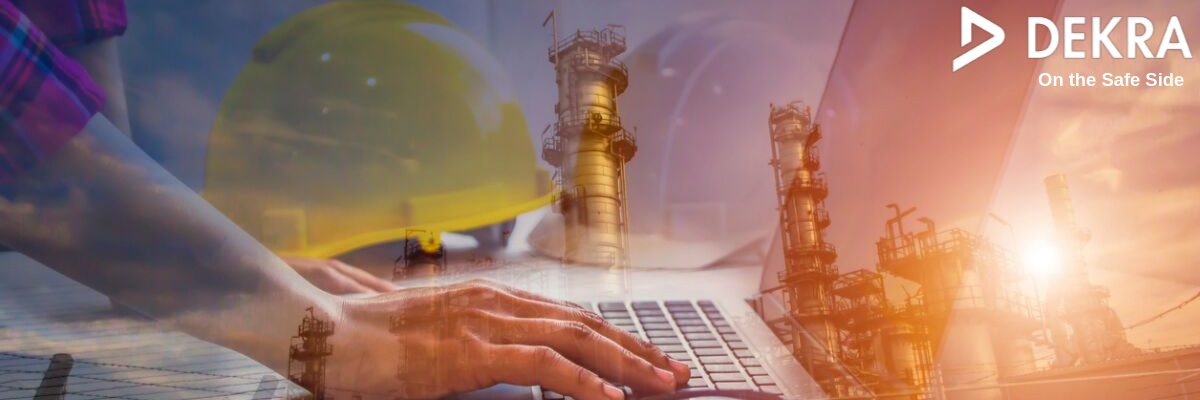A couple of weeks ago, my wife and I went out for lunch with friends. When we drove up to the restaurant, we noticed our friends had just arrived and were getting out of the car. This also meant they could see me struggling to wiggle my car into one of the tiny parking places. When we got out, I was expecting some comments on my parking skills, but the first thing one of my friends said was: "Filip, the engine of your car does not sound right. That is a sign something's wrong. You have to take it to the garage."
So why am I telling you all this? Because what my friend did was very important in this case for my car. But in plants where process safety management (PSM) can be critical to saving lives, creating and having a process safety culture where employees react to the smallest of changes and feel comfortable to say something about it is very important to prevent catastrophic events. A couple of years ago, BST analyzed a series of catastrophic events and discovered that there are four cultural factors that contribute to these catastrophic events. Not always all four of them, but at least one and in many cases two or more. One of them is Anticipation, which refers to having an organization with the systems and culture to be sensitive to the recognition of ""weak signals"" that may be indicative of increased risk of catastrophic events.
Let me transfer this principle to oil and gas safety. A couple of years ago, I was talking to a couple of employees on the platform about how advanced they felt they were on safety. And most employees told me they were very advanced and gave me loads of examples that were related to preventing personal injuries. One person however commented: "Yes, we intervene when we see someone do something at risk. But what if one of the pressure gauges indicates that the pressure is just a tiny fraction above the acceptable level? Typically, we don't do anything because if we really want to do something about it, it might have a major impact on production. And supervisors and managers might feel we overreacted."
Clearly, in this organization there was a strong safety culture to intervene on risk for personnel injury. But there wasn't a culture where employees were encouraged and recognized for reporting such weak signals, even when they prove "wrong," i.e., when it was a false positive.
So ask yourself the following questions:
- Do your employees in your plants react to the smallest of changes?
- When is the last time you have thanked an employee for reporting such a weak signal? Even when this resulted in production loss and in the end there really wasn't a problem?
- Do you know what the most common process deviations are in your plant and how your employees react to them?
In the end, I followed my friend’s advice. I had been ignoring my own “safety risk assessment” of my car for some time, and paid for it when I had to took my car for service a week after our lunch. This time the consequences weren't that bad, but maybe the next time they will be. It was only because my friend felt comfortable enough to say something about it to me that things didn't get worse to the extent I would now have been without a car. I can live without my car, but let's not have one of your colleagues' fear of reporting such a weak signal result in the loss of lives!

